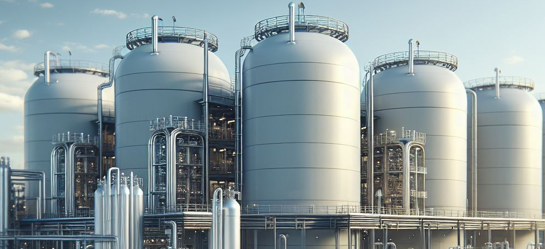Autor
Mariano Marzo
Emeritus Professor of the University of Barcelona

The European oil and gas industry aims to become a relevant player in the energy transition. Companies have already embarked on the transformation into multi-energy companies, committed to diversification and the inclusion of new business areas in low-carbon energies and technologies. Stimulus funds to counteract the effects of Covid-19, which will probably translate into major investments in said field, provide an incentive and an additional opportunity to consolidate and deepen its presence in the renewable and other clean energies industry.
In this line, in addition to electricity from renewable sources, another good candidate for diversification is hydrogen. Its advantage is that it can be used, with zero emissions, in nearly all industries that currently depend on fossil fuels, such as heating, transport and industrial processes that require heat at high temperatures.
Although there are two main options, a multi-energy company can produce clean hydrogen in several ways. One is based on natural gas and the use of Carbon Capture and Storage (CCS) technology, such that the "blue hydrogen" thus obtained is practically neutral in terms of carbon emissions. The other option is to obtain "green hydrogen" from a zero-emission electrolysis process, i.e., separating water molecules into hydrogen and oxygen using an electric current generated by renewable energy.
The demand for clean hydrogen in Europe is expected to sky-rocket in the coming decades and the large volumes required initially give blue hydrogen a certain advantage over green hydrogen, since methane currently generates nearly 70 million annual tonnes of hydrogen, although without CCS technology. This is a very important detail because if this technology is not ready, the future of "blue hydrogen" will be compromised. By comparison, "green hydrogen" is still in the pilot project phase since its future development requires large amounts of renewable energy and is a more expensive option, although there is every indication that its competitiveness will improve rapidly.
Many argue that the world should not depend on fossil fuels to produce the hydrogen it needs and should focus exclusively on producing "green hydrogen". Perhaps that would be ideal. However, we must be realistic and understand that the most important thing is to lay the foundations of the hydrogen economy without further delay and that, in this respect, both blue and green hydrogen will be needed in the short and medium term so that both should be the subject of intense research and industrial activity.
Article published in La Vanguardia.


.jpeg)

